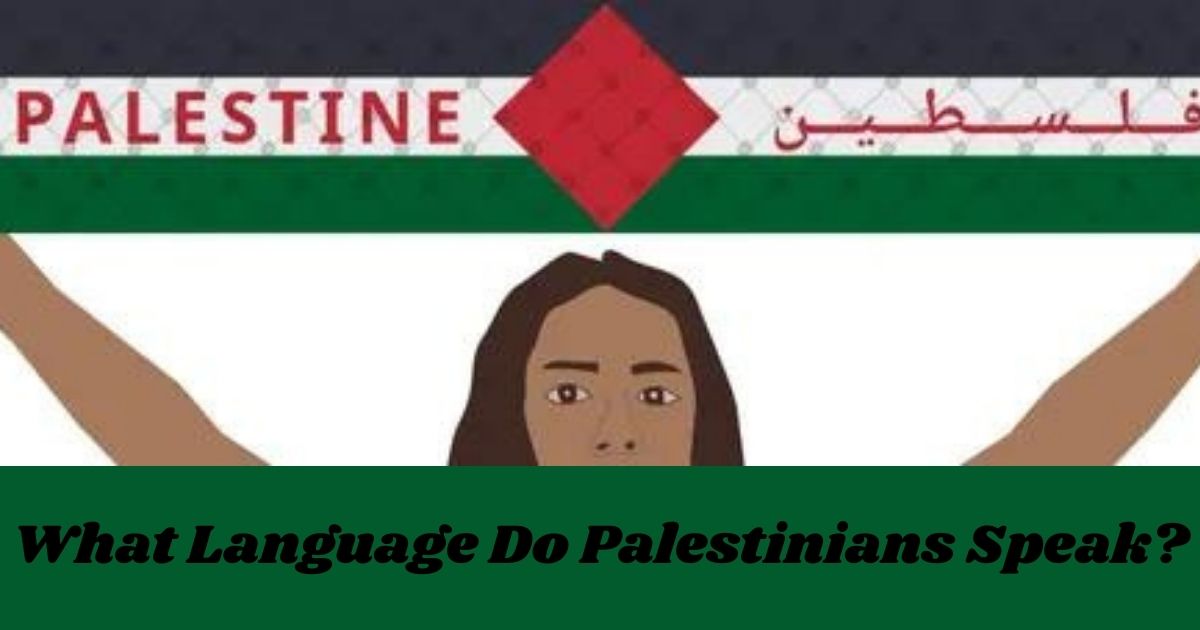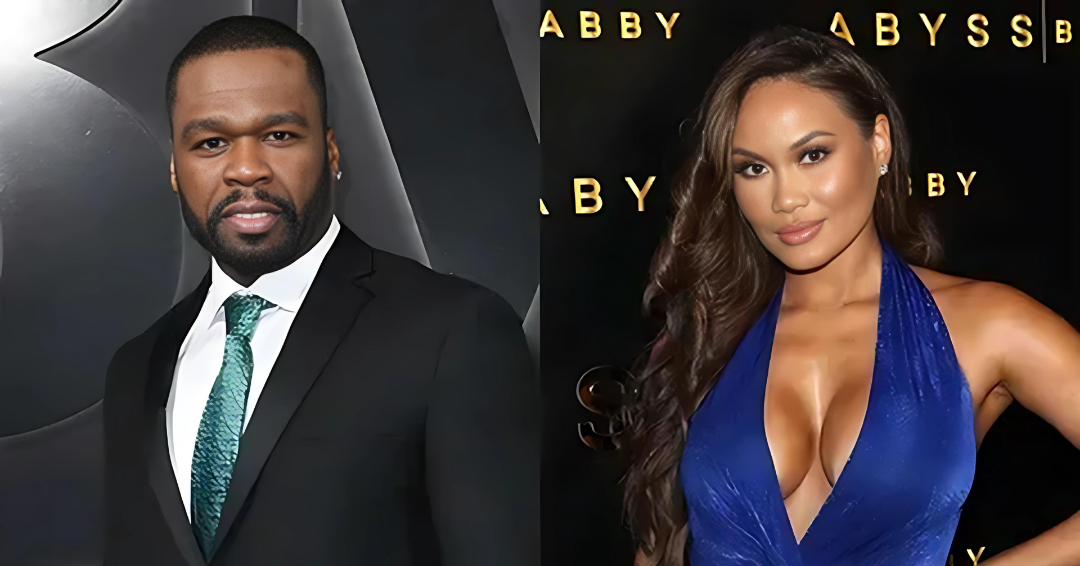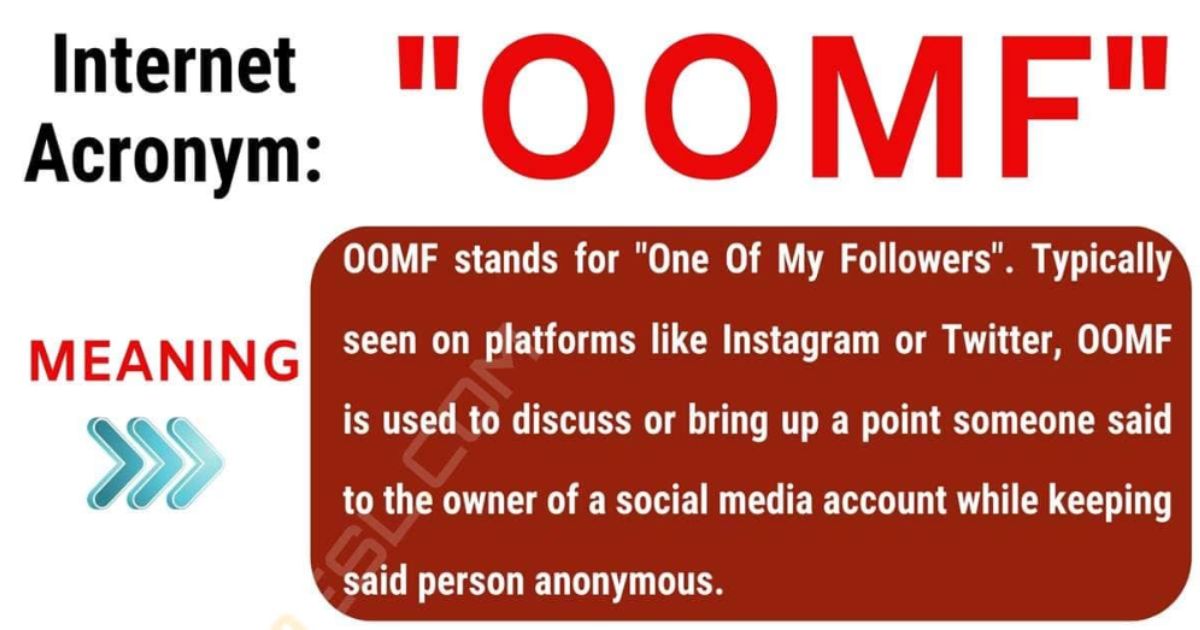What Language Do Palestinians Speak?
The primary language spoken by Palestinians is Palestinian Arabic, a unique dialect within the larger category of Levantine Arabic.
This article explores the different varieties of Arabic used in Palestine and the role of other languages in the region.
Read More: Digital News Planet
Palestinian Arabic: The Main Language
Palestinian Arabic is a dialect continuum, with slight variations depending on location. However, these variations are generally mutually intelligible. Here are some critical points about Palestinian Arabic:
- Classification: Levantine Arabic is a sub-branch of Eastern Arabic within the more prominent family of Arabic languages.
- Spoken By: Palestinians in Palestine (West Bank and Gaza), Israel, and the Palestinian diaspora. Dialects may differ slightly among these groups.
- Relationship to Modern Standard Arabic: Palestinian Arabic shares some similarities with Modern Standard Arabic (MSA), the formal language used in writing, education, and official contexts throughout the Arab world. Some studies even suggest the Gaza Strip dialect is closest to MSA.
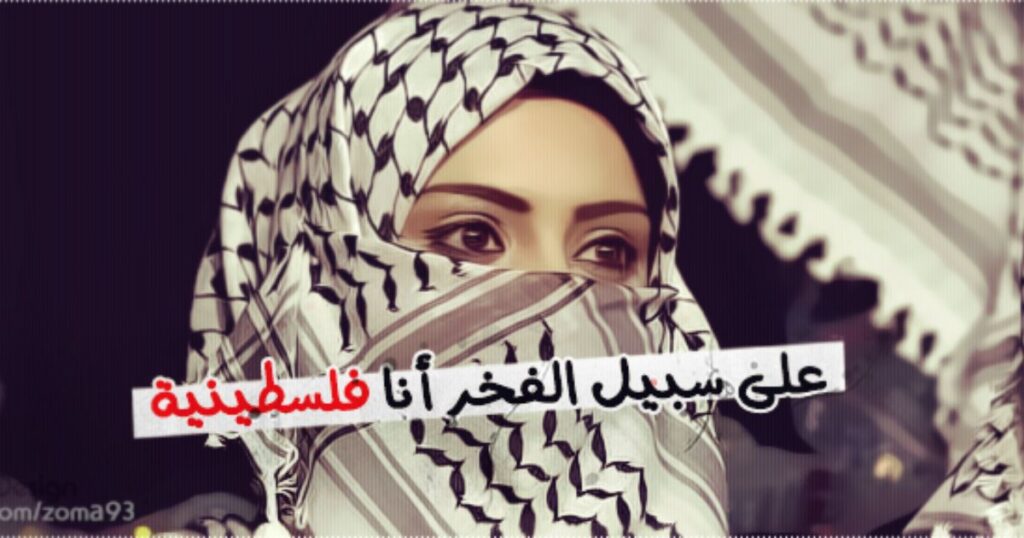
The Fascinating History of Palestinian Arabic:
- Ancient Roots:
- Before adopting Arabic in the 7th century, most inhabitants of Palestine spoke varieties of Palestinian Aramaic. This included Jewish, Christian, and Samaritan communities.
- Koine Greek was used among the Hellenized elite, while Mishanic Hebrew served liturgical purposes.
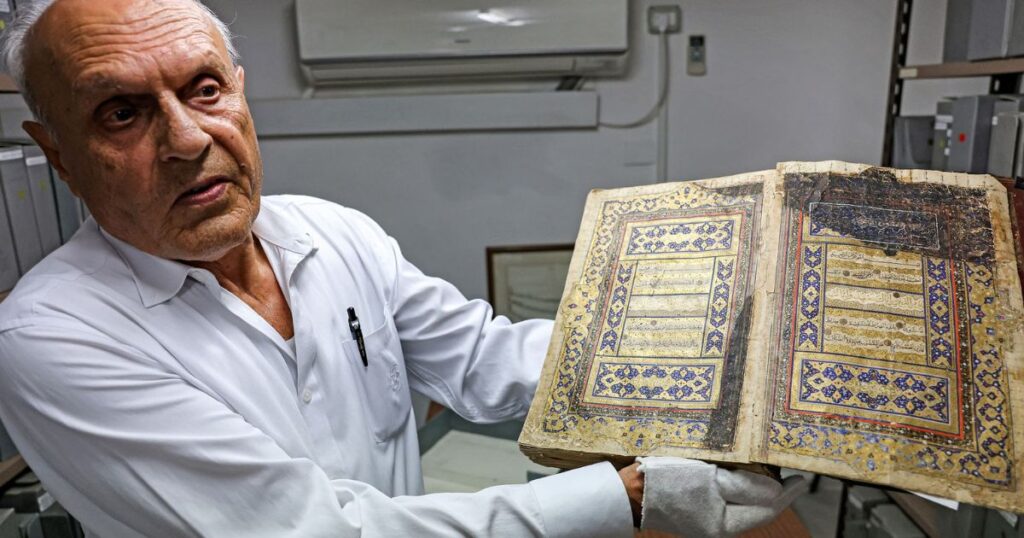
- Nabatean Influence:
- The Negev desert, part of ancient Palestine, was ruled by the Nabatean Kingdom during Classical antiquity.
- Settlements like Mahoza and Ein-Gedi housed both Judean and Nabatean populations, as documented in the Babatha archive from the 2nd century.
- Early Arabic Inscriptions:
- The earliest Old Arabic inscription resembling Classical Arabic was found in Ayn Avadat. It was a poem dedicated to King Obodas I, known for defeating the Hasmonean ruler Alexander Jannaeus.
- Diverse Influences:
- Palestinian dialects contain layers from earlier languages, including Canaanite, Hebrew, Aramaic, Persian, Greek, and Latin.
- During the early modern period, Palestinian dialects were also influenced by Turkish and European languages.
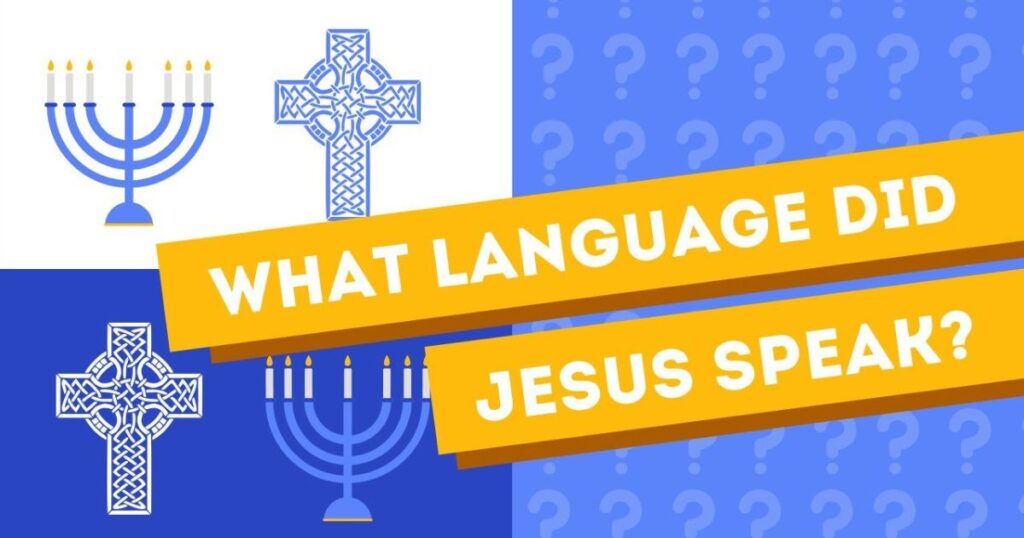
Other Languages in Palestine
While Palestinian Arabic dominates, other languages play a role in Palestinian life:
- Modern Standard Arabic (MSA): The official language of the Palestinian Authority, used in government, administration, and formal settings.
- Hebrew: Due to the Israeli presence, Hebrew has become more common in some areas. However, fluency in Hebrew among Palestinians is rare.
- English: English is gaining traction, particularly in education and business environments.
Palestinian Sign Language
It’s important to note that Palestine also has a vibrant deaf community that communicates using Palestinian Sign Language (PSL).
In Conclusion
Palestinian Arabic is the cornerstone of Palestinian identity and culture. While MSA and other languages are present, Palestinian Arabic remains the dominant language Palestinians speak in their homeland and throughout the diaspora.
FAQs;
1: What language is mainly spoken in Palestine?
Palestinian Arabic is the Palestinians’ primary language, a dialect within the Levantine Arabic branch.
2: Do the Palestinians and Israelis speak the same language?
No, not necessarily. While Hebrew is the official language of Israel, many Palestinians have limited Hebrew fluency. Palestinian Arabic is the dominant language among Palestinians.
3: Is Palestine Arab or Persian?
Palestine is considered an Arab country. Arabs are a people group with a shared language (Arabic) and culture. Persian refers to the language and culture of Iran.
4: Is Palestinian Arabic the same as Arabic?
Palestinian Arabic is a dialect of Arabic similar to the different dialects of English (American English, British English, etc.). Modern Standard Arabic (MSA) is the formal written language used throughout the Arab world. At the same time, Palestinian Arabic is the spoken language specific to Palestine.
5: What is Islam in Palestine?
Islam is the dominant religion in Palestine, with Sunni Islam being the most prevalent branch.
6: What do Arabs call Palestine?
“Filastin” (فلسطين) is the Arabic name for Palestine.
7: Are Palestinians Sunni or Shia?
The overwhelming majority of Palestinians are Sunni Muslims.
8: Was Jesus born in Bethlehem, Palestine or Israel?
The historical region of Judea, where Bethlehem is located, is now part of modern-day Israel. However, the concept of a defined “Palestine” versus “Israel” is a complex historical issue. Regardless, Bethlehem is a holy site for both Christians and Muslims and, according to Christian tradition, the birthplace of Jesus.
9: Who lived in Palestine first?
The land now known as Palestine has been inhabited by various peoples for millennia. Archaeological evidence suggests Canaanites were present in the region around 3700 BCE.
10: What religion is Israel?
Judaism is the religion of the majority of Israeli citizens.
11: What food do Palestinians eat?
Palestinian cuisine shares many similarities with other Eastern Mediterranean foods. Common ingredients include olive oil, pita bread, vegetables, legumes, and lamb. Popular dishes include hummus, falafel, knafeh (a sweet pastry), and musakhan (chicken with caramelized onions).
12: What language did Jesus speak in Palestine?
While scholars debate the exact language, Jesus most likely spoke a dialect of Aramaic, the common language in Judea during his time. Koine Greek, the common language of the Roman Empire, may also have been used.

